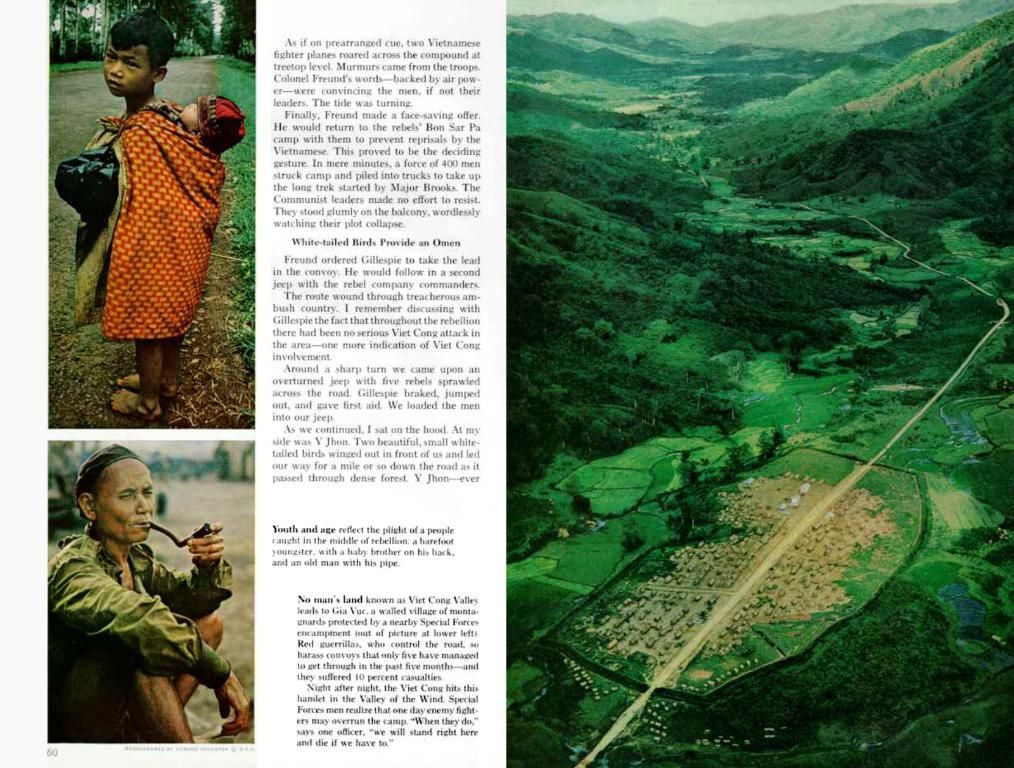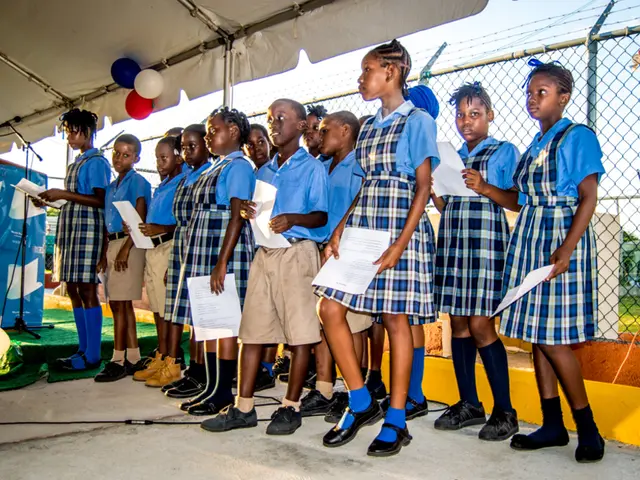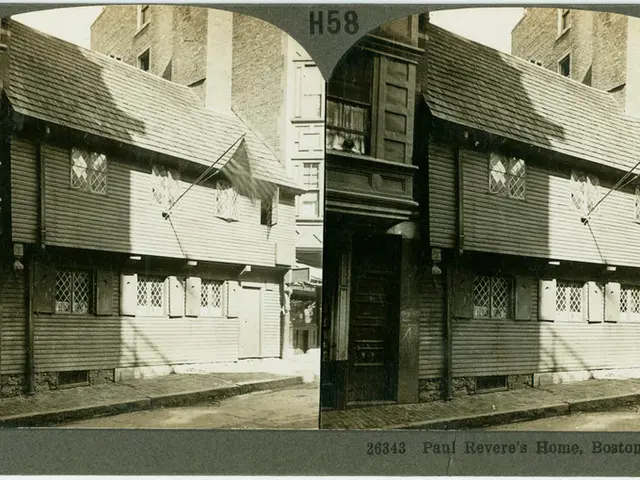Pupils Plan Educational Tours of the Jura Museum - Self-designed Guided Tours by Children at the Jura Museum
Updated / Culture & Education / News
Eichstätt, 26.02.2025 (upd): Since taking over the Jura Museum in Eichstätt back in 2019, the KU Foundation has been on a collaborative roll with the academic community. Recently, a brilliant idea born from a master's seminar in psychology transformed into a remarkable project – the creation of engaging children's tours as a "time travel" experience! From 5th to 9th March 2025, during the Carnival holidays, grades 1 to 5 will dive into the thrilling world of the Jura Museum through these tours.
Dascha Kolesnikov, a master's student, rehearses the tour one last time. Her classroom companions and professors form a semi-circle on the museum floor, awaiting their roles as the audience. The seminar title is incredibly exciting: "Off to the Castle: Exploring Knowledge Acquisition at the Jura Museum!" Dr. Christina Ifrim, Jura Museum's scientific director, and Dr. Valérie-D. Berner, the academic advisor for the Developmental and Educational Psychology professorship, had collaboratively designed this seminar, bringing together natural science and psychology in perfect harmony – theory and practice. "It's bloomin' fantastic to see so many brilliant ideas emerge during the course, and even more so to watch five students develop a project from these concepts and put it into practice!" Berner beams. The students have brainstormed a vast pool of possibilities. "It was a blast to test these ideas for practical viability," explains Ifrim. "For instance, a painting corner in the museum might not be feasible due to the minimum two-meter distance needed between the painting table and exhibits – a reality that only becomes crystal clear when considering the museum's layout."
This practical aspect is what truly sets this course apart. While countless good ideas often fade into obscurity after their completion, they can be implemented and scientifically evaluated in partnership with the Jura Museum. The students' dedication to creating four innovative concepts and refining their final theses show just how much they stand to gain from this collaboration. One concept revolves around self-regulated learning for children via a learning journal. Another dives deep into cognitive conflicts that arise during museum visits. But perhaps most exciting of all, a participation project for primary school children about the Ettlinger fish in the Jura Museum has been created.
Dascha Kolesnikov is currently writing her master's thesis on the "Jura4Kids" project titled "Little Time Travelers: Quantifying the Influence of Storytelling on Students' Intrinsic Motivation in a Museum Setting." Alongside her fellow students Melanie Derek, Anna Baumgartner, Iris Knof, and Anna Sophia Meier, Dascha explores how to motivate children during Jura Museum tours and how to facilitate efficient knowledge acquisition. The working title of the project focuses on a story that transports children on a captivating adventure back to the Middle Jurassic – the era of the dinosaurs, fostering a sense of wonder through time-travel and education. To scientifically evaluate the outcomes, the children will be separated into two groups. One group will be guided by a tablet-based application during their tour, allowing freedom of movement and self-pacing. The other group will be accompanied by a student, learning about the museum's formations, exhibits, and time period through traditional storytelling. Upon completion, the students will distribute questionnaires, measuring children's intrinsic motivation before and after the tours. The results will form the foundation for future digital children's tours within the Jura Museum, should the research prove their effectiveness. "What makes this collaboration extraordinary is the ability to investigate and quantify the success of our tours, offering valuable support to the Jura Museum in designing future exhibitions," shares Ifrim. The museum director is delighted with the collaborative benefits extended to the Jura Museum and anticipates a summer lecture series in 2025.
Whether you're a curious parent or a budding student, the first "Jura4Kids: Dive in and Soar High" tours will take place from 5th to 9th March 2025 at 11 a.m. and 1 p.m. each day. Each tour will span approximately two hours and is completely free to attend. After registration, children will be randomly assigned to either the digital or traditional tour group. Interested families can register at www.ku.de/jura-museum. Additional tour dates are scheduled for select weekends in the spring.
Photo Credits: Students of Eichstätt's Am Graben primary school receive mathematical explanations via tablets from students at the Catholic University of Eichstätt-Ingolstadt.
Photo Credit: upd/Christian Klenk
Jura4Kids: Children's Tours at the Jura Museum
Exploring the Impact of Storytelling on Children's Intrinsic Motivation during Museum Visits
Working in teams, university students conduct research and develop strategies to maximize children's motivation during educational museum visits using interactive storytelling experiences. By employing a combination of digital and traditional storytelling approaches, the goal is to enhance children's engagement and fostering their desire to learn. Research findings will shape the direction of future children's museum tours and serve as a model for other institutions.
The master's seminar in psychology at the Catholic University of Eichstätt-Ingolstadt, titled "Off to the Castle: Exploring Knowledge Acquisition at the Jura Museum," blends science (natural science and psychology) and education-and-self-development (learning) to create innovative concepts for children's tours, such as the Jura4Kids project. This project aims to quantify the influence of storytelling on children's intrinsic motivation in a museum setting, particularly through the use of digital applications and traditional storytelling methods.







